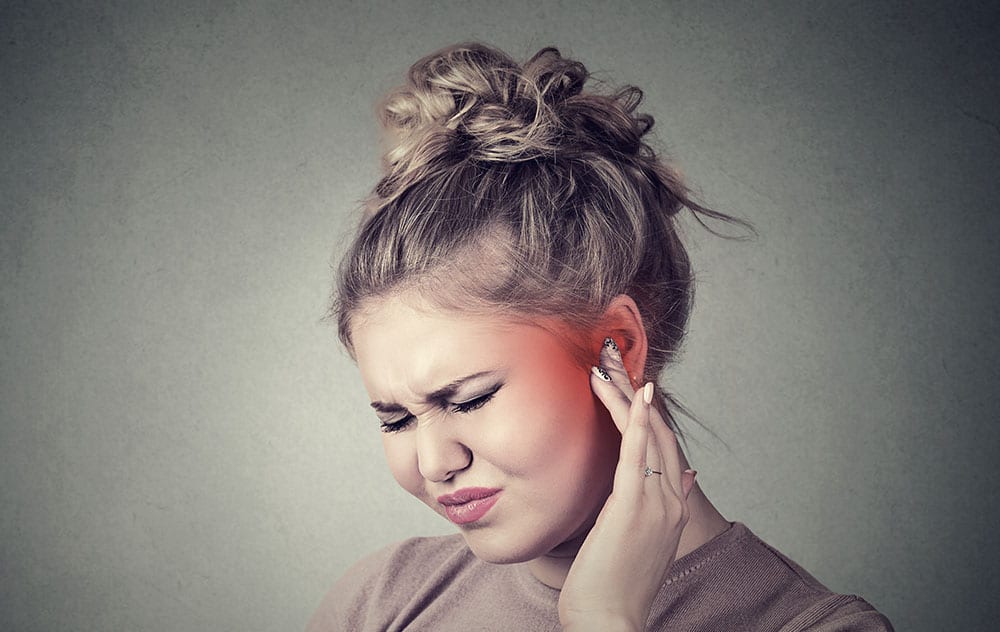Tips for Managing Hearing Aids During Fall Activities
Fall brings plenty of reasons to spend time outside, from weekend hikes to


Fall brings plenty of reasons to spend time outside, from weekend hikes to

Hearing aid companies now have access to information they never had

Your hearing aids work hard every day to help you stay engaged in